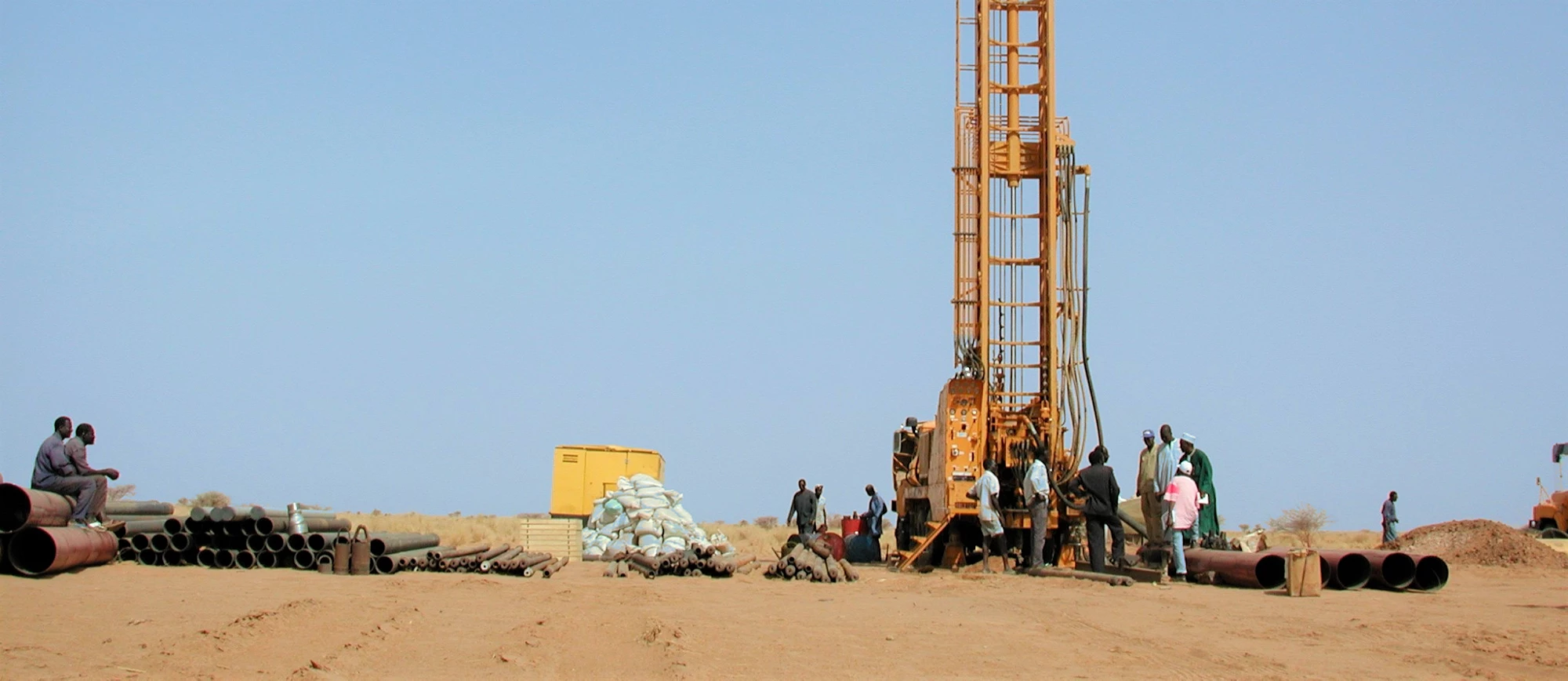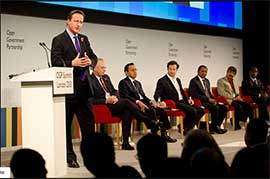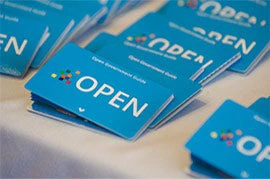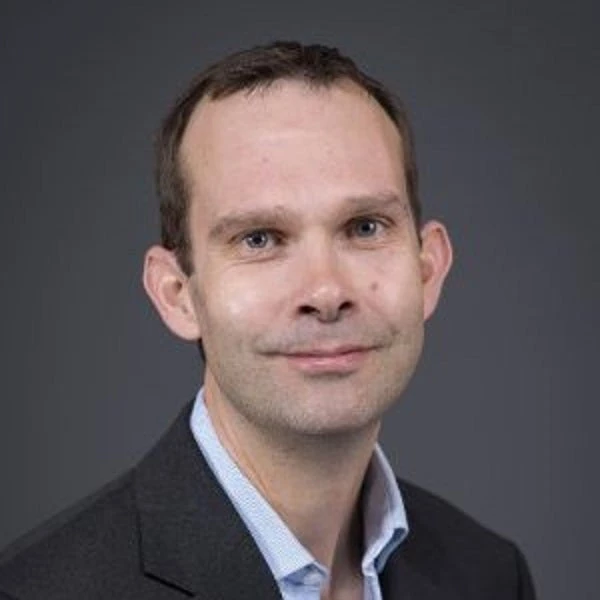
One could not help but be impressed by the broad church coming together under the OGP umbrella and the momentum for all things "open". Just eight founding governments launched the OGP two years ago with national action plans for increased transparency. Membership has now grown to 61 countries and over 1,000 reform commitments. This is an agenda that feels like its time has come. It connects those with many different interests, as represented by 1,100 self confessed geeks on access to information, open data, government efficiency, human rights, budgets, contracting, privacy protection, and sectors ranging from extractive industries to construction to health.
It w as impressive to see the range of information being released and the innovative ways in which governments and civil society are looking to ensure its use. The norm of what should be considered public is shifting. Recognition of the value of budget transparency is now being matched by widespread commitment to open contracting, and even opening up information related to the private sector. David Cameron, UK Prime Minister, received strong applause for announcing that his government will be the first not only to develop a database of corporate beneficial owners, but to make it fully public. This is one further step in lifting what he termed a "cloak of secrecy" and shining a "spotlight on what and where money is really flowing." This should be an aid in tackling tax issues of concern to OECD and developing countries alike. Indeed Cameron argued that open government must be core to the post 2015 development agenda. The World Bank can play a supporting role on both the supply and demand sides.
as impressive to see the range of information being released and the innovative ways in which governments and civil society are looking to ensure its use. The norm of what should be considered public is shifting. Recognition of the value of budget transparency is now being matched by widespread commitment to open contracting, and even opening up information related to the private sector. David Cameron, UK Prime Minister, received strong applause for announcing that his government will be the first not only to develop a database of corporate beneficial owners, but to make it fully public. This is one further step in lifting what he termed a "cloak of secrecy" and shining a "spotlight on what and where money is really flowing." This should be an aid in tackling tax issues of concern to OECD and developing countries alike. Indeed Cameron argued that open government must be core to the post 2015 development agenda. The World Bank can play a supporting role on both the supply and demand sides.

The ability to demonstrate that value will be critical to retaining the momentum of OGP. Sir Tim Berners-Lee, father of the Internet, was cautiously optimistic in his closing address. He firmly believes openness does deliver economic value, but that value is shared across people you don't know and in ways that might not be immediately obvious. To capture that value requires sustained effort. I couldn't help but think of the Pigeon Simulator that makes you keep flapping your arms to stay aloft. For my maiden flight, I didn't flap hard enough to get over Tower Bridge and did a tailspin into the river. Hopefully OGP will still be flying high for its next Summit in Indonesia.


Join the Conversation